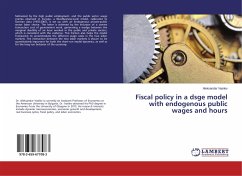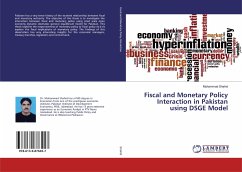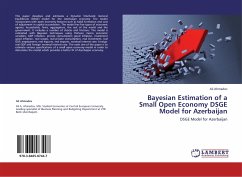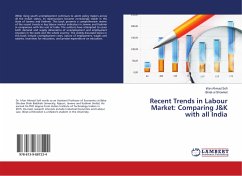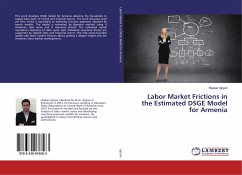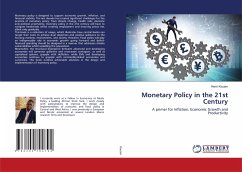Motivated by the high public employment, and the public sector wage premia observed in Europe, a Real-Business-Cycle model, calibrated to German data (1970-2007), is set up with an endogenous private-public sector labor choice. The latter is achieved by the inclusion of a convex transaction cost of government work, generating a wedge between the marginal disutility of an hour worked in the public and private sectors, which is consistent with the evidence. This friction also helps the model framework to accommodate the different wage rates in the two labor markets. The interaction between the two labor markets is shown to be quantitatively important for both the short-run model dynamics, as well as for the long-run behavior of the economy.
Bitte wählen Sie Ihr Anliegen aus.
Rechnungen
Retourenschein anfordern
Bestellstatus
Storno

